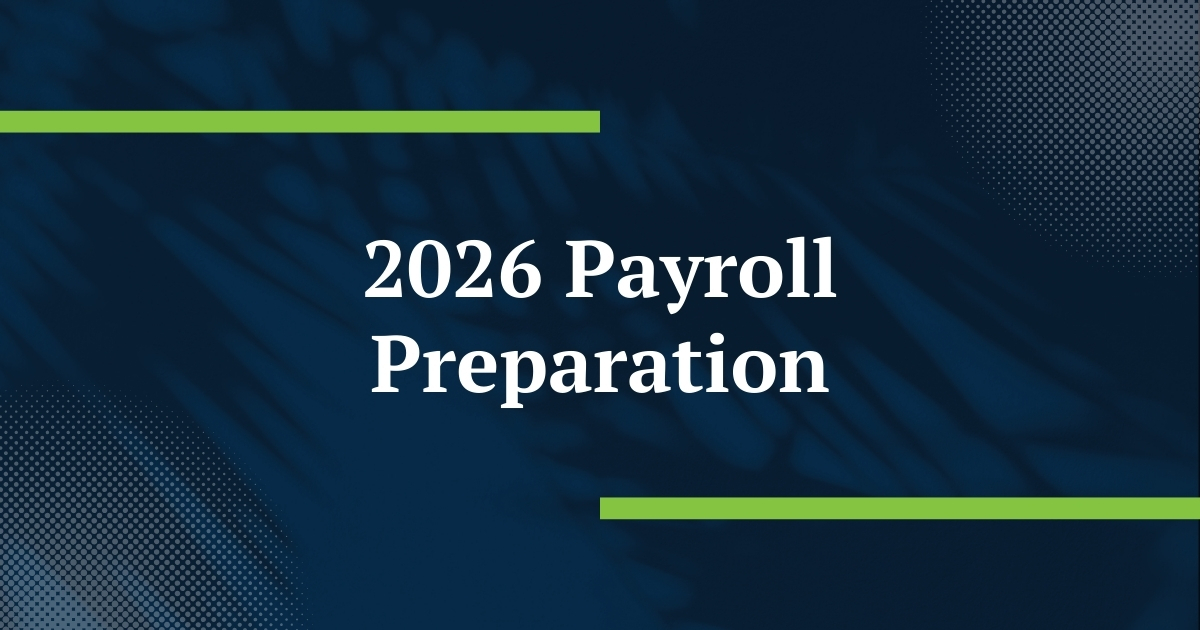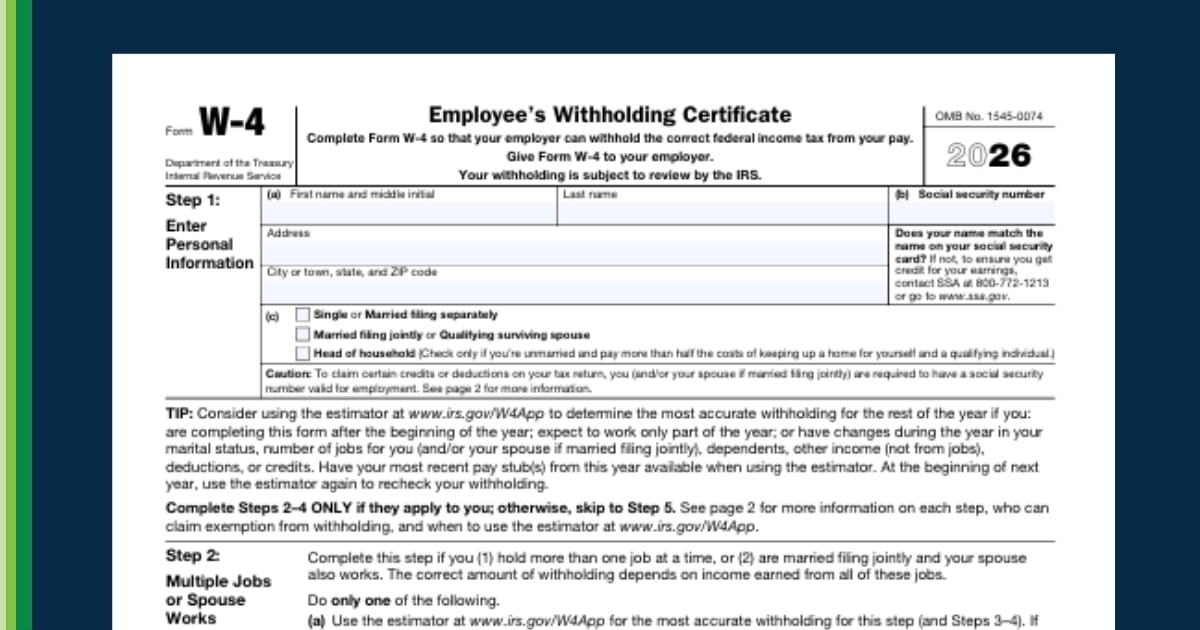It’s never an easy situation when an employee passes away, especially unexpectedly, but companies that have a plan in place can make the process a bit easier for those left behind while ensuring that they meet their legal obligations.
Coordination among various departments and government agencies is key to ensuring a smooth process for the employer and the family/estate.
- HR and Legal will need to connect with the family in order to get the information necessary to process final payment of wages and benefits owed, such as the estate contact person and the best ways to communicate.
- Payroll/AP needs to suspend any direct deposit and determine if there are any uncashed checks.
- Payroll/AP needs to obtain the W-9 from the employee’s assigned representative or beneficiary before payment is made.
- Legal and Payroll must consult state laws applicable to the deceased employee based on where they lived. State law determines who gets paid, when they get paid, how they get paid, and income tax implications.
Scenarios for handling a deceased employee’s wages
Determine the state in which the employee lived and follow state regulations which dictate all aspects for administrating the payment.
Scenario #1: Employee dies before cashing a check
- Void the payment and reissue per state law to the employee’s personal representative or beneficiary.
- The new check should have the same amount withheld for tax purposes as the old check.
- Wages get reported on deceased employee’s Form W-2.
- No 1099-Misc form is needed
Scenario #2: Wages payable after employee dies, within the same calendar year
Making the payment:
- Accrued wages are subject to federal employment taxes (Social Security, Medicare, and FUTA) even when being paid after an employee’s death. The employers must pay both the deceased employee’s portion and the employer’s portion of the FICA tax.
- Accrued wages made in final payment are NOT subject to federal income tax withholding.
- Depending on state regulations, state income tax and state unemployment tax (SUTA) may be applicable.
- Final payment is issued to beneficiary or estate (per name on IRS Form W-9).
IRS Reporting requirements:
- Reporting on Form W-2: The final wage payment is not included in Box 1 (Federal Wages), but it is reported in Boxes 3 and 5 (Social Security wages and Medicare wages). Boxes 4 (Social Security Tax withheld) and 6 (Medicare tax withheld) will reflect the total employment taxes withheld, including those from the final wage payment. Box 15 (Employer’s state ID number), Box 16 (State wages), and Box 17 (State Income Tax), are to be reported if applicable.
- Reporting on Form 1099-Misc: The final wage payment is reported in Box 3 (Other Income). If form W-9 is not provided, then back-up withholding is required and reported in Box 4 (Federal Income Tax withheld) of the form.
Scenario #3: Wages payable after employee dies, following calendar year:
Accrued wages due to an employee in a calendar year after their death are not considered income for IRS purposes, and therefore, they are not subject to federal employment taxes. The gross wages will be paid to the beneficiary or estate (per name on Form W-9) and reported on Form 1099-Misc in Box 3 (Other Income).
Best Practices for Paying a Deceased Employee
- Create a Standard Operating Procedure (SOP) for the organization for handling the death of an employee, which includes a communication plan. Standard letters describing final payment procedures and handling of the deceased employee’s benefits should be included within the communication plan.
- Being consistent and accurate when communicating with the family is important; having a designated point of contact is helpful.
- Human Resources/Benefits forms should be updated annually for accurate communication with the deceased family or beneficiary.
- The SOP should also include a checklist for all affected departments.
- Federal and State law evolve, so employers need to stay updated on any changes.
Greenshades was built to handle the most difficult and complex portions of your pay run. Learn how our solutions can save your team time and take the headache out of payroll.



























